Today we are saddened by the death of Nelson Mandela, former president of South Africa and one of the modern era’s most important champions for political freedom, economic and racial equality, and African development.
In May 2005, Mr. Mandela spoke at Brookings, offering his thoughts on the role the United States could play in development and aid efforts for Africa. When Brookings Chair John. L. Thornton (pictured above greeting Mandela outside Brookings) introduced Mandela, he said of the former South African President that “There’s no person on Earth who has more moral authority, who can speak with greater passion, and be more compelling on these topics than he.”
In the context of working for the well-being of children and youth, Mandela reflected on what he missed during his 20-year imprisonment on Robben Island.
We feel a special bond with the very young, perhaps because we missed—what we missed the most during our years in prison were the sounds of children laughing and the warmth of one’s own family
Watch video of the event here:
Mwangi Kimenyi, director of the Africa Growth Initiative at Brookings, writes in tribute that:
Mandela’s impact was not confined to South Africa. His release and leadership heralded a new era in Africa. Because of Mandela’s example, other countries across the continent accelerated reforms, and the possibility for a truly progressive Africa started to appear as countries deepened institutional reforms. It was because of this foundation laid by Mandela that Africans started talking about an African renaissance.
Additional remebrances from Brookings scholars can be read here.
Last year, on the occasion of Mandela’s 94th birthday, the Africa Growth Initiative reflected on his achievements in the fight for democracy and equality for all races.
David Caprara, a nonresident senior fellow at Brookings, highlighted “Mandela Day” this past summer, writing that:
Amidst inevitable political debates over the Mandela legacy, his generous spirit and legacy of reconciliation rises high above Cape Town’s Table Mountain and across the Pan-African youth landscape. The challenge of applying his vision and spiritual values in addressing poverty through emerging demonstrations of youth service, assets and entrepreneurship will test the commitment of Africa’s next generation of young freedom pioneers, guided by this humble giant’s profound legacy now spanning the globe.
We are honored to have hosted Nelson Mandela in 2005 and mourn his passing.
The Brookings Institution is committed to quality, independence, and impact.
We are supported by a diverse array of funders. In line with our values and policies, each Brookings publication represents the sole views of its author(s).

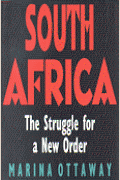
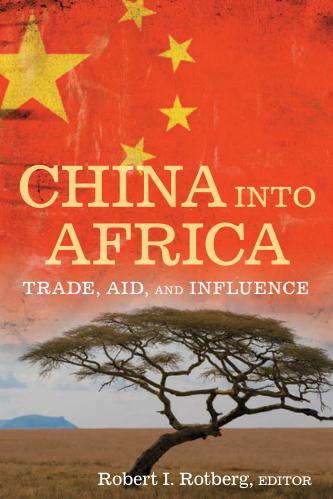
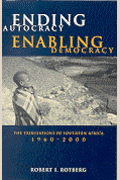
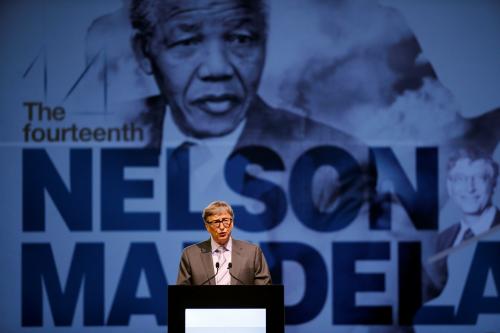
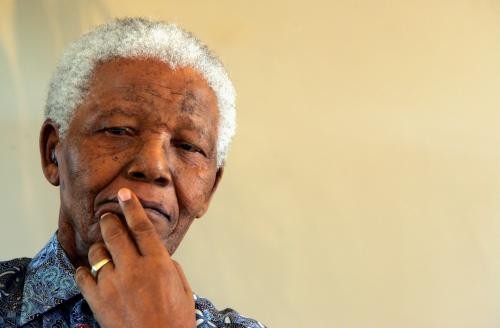
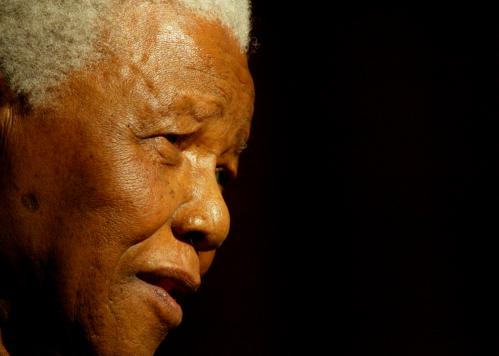

Commentary
Brookings Remembers and Honors Nelson Mandela
December 5, 2013